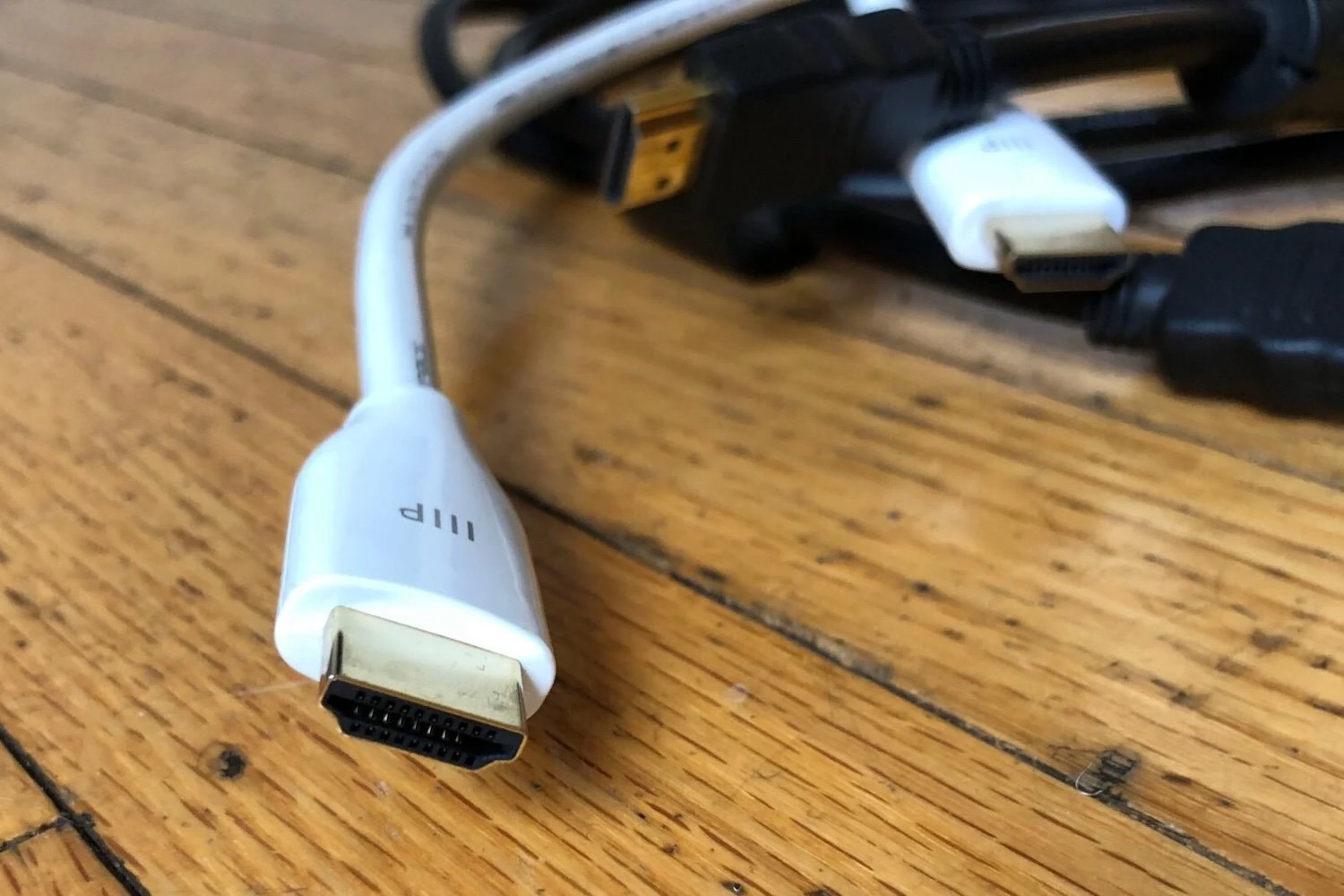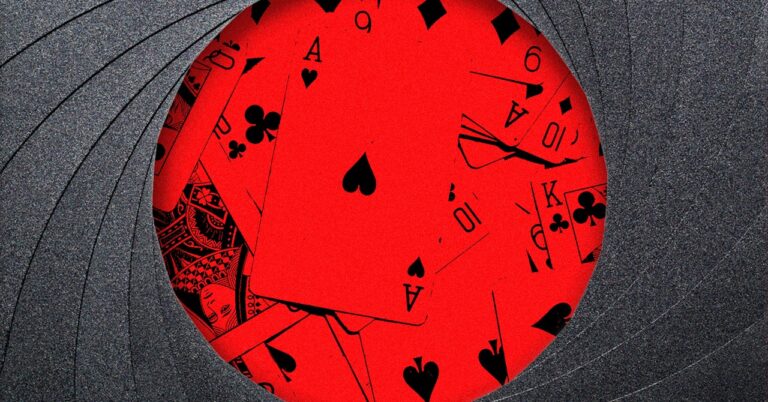HDMI 2.2 Could Mean You’ll Need New Cables for the Next Generation of GPUs
Your favorite (or perhaps least favorite) connection cable may receive a major upgrade early next year. The HDMI Forum, which maintains the HDMI standard, said it’s hosting a big announcement during CES on Jan. 6. If you believe the leaks, the forum will declare an update to its standard, from HDMI 2.1a to HDMI 2.2. It may require an all-new cable if you get the peak resolution and refresh rates on any incoming Nvidia 50-series GPU.
The day before the HDMI Forum announced its conference, VideoCardz first spotted that the new cable standard would require an all-new cable. German-language outlet Computer Base, read with machine translation, quoted from the HDMI Licensing Administration saying there’s a “next generation HDMI technology and higher bandwidth,” adding that it will be “enabled by a new HDMI cable.” The licensing administration is the forum’s appointed agent for licensing 2.2, and group representatives are set to speak during CES.
It’s not a lot of information to go on. It doesn’t mention whether the male port will change from its current shape and doesn’t offer any sense of backward compatibility with HDMI 2.1 (though you’re probably safe with your old cables). At the very least, we expect you’ll need the new cable to get all the benefits of the new standard. The forum said in its pre-CES announcement that it would enable “a wide range of higher resolutions and refresh rates.”
Since its first appearance in 2017, HDMI 2.1a has had a bitrate of 48Gbps. The new standard can also support up to 120 Hz in VRR and a 10240 by 4320 resolution with display stream compression. VideoCardz speculated that it would allow higher resolutions and refresh rates without compression.
The new standard could potentially reach DisplayPort 2.1 rates. A DP 2.1 cable should be able to do more than 240 Hz at 4K with 10-bit color depth. You can get higher refresh rates at lower color depths, depending on how much you’re willing to trade in beautiful graphics for diminishing returns on framerates the eye cannot even perceive.
Some 8K TVs sold by makers like Samsung support 7680 by 4320 resolution, but there are so few examples of media that support 8K. All the current models are essentially more expensive 4K TVs. Sony’s PlayStation brand has effectively quit advertising the console that supports 8K on its PS5 and PS5 Pro boxes.
A growing number of 4K monitors support refresh rates higher than 240 Hz, but they are still the expensive minority of monitors you can get in today’s market. There’s nothing wrong with higher bitrates, but there’s a reason HDMI 2.1 has survived without change for seven years. It does mark an interesting change for the long-rumored AMD Radeon RX 8000 series and the Nvidia Geforce RTX 50-series GPUs. These cards are supposed to arrive at CES this year, and announcements are set for Jan. 6.
The current 40-series Nvidia GPUs only support DisplayPort 1.4a, though AMD’s latest GPUs go up to DisplayPort 2.0. Intel’s Battlemage ARC B580 cards Team Blue launched this month and support DisplayPort 2.1 and HDMI 2.1. That’s not to say you’ll necessarily reach high framerates at 4K without severe compromises on those $250 cards.
There are more monitors, like LG’s new UltraGear OLED, which offers 480 Hz refresh rates at QHD resolution for $1,000. That monitor has DisplayPort 2.1 and HDMI 2.1 and “ensures compatibility with the latest consoles and gaming PCs.” If you plan to achieve those ludicrous refresh rates, you’d want to use the DP 2.1.







